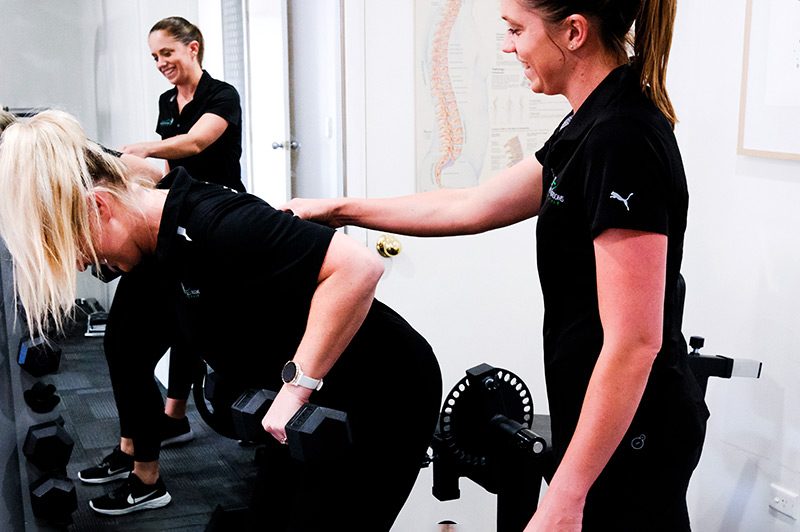You’ve probably heard of prehabilitation – or prehab – but what does it mean and how is it different from rehabilitation?
While our goal is always to minimise invasive procedures and surgical intervention, unfortunately it is sometimes the necessary route.
Prehab simply refers to the implementation of a personalised exercise-based program before a planned surgical intervention, to assist in optimising both physical and mental conditions in preparation to go under the knife.
With increasing evidence, carrying out prehab has significant benefits on your recovery from surgery. This is particularly evident with joint replacements and issues related to osteoarthritis. Some of these benefits include the following;
- Reduced length of stay in hospital
- Reduced post-op pain
- Improved post-op outcomes
- Improved long-term outcomes
- Accelerated recovery
- Reduced post-op complications
It goes without saying that your ability to exercise/strengthen an area before surgery is often limited by pain, mobility, and the limitations of the injury itself. For example, you may not be able to walk, run, or even stand as you could previously. There also may be significant changes that occur after the injury, or whilst the injury has been developing – such as muscle atrophy in the affected area, and in surrounding areas. Or maybe the way you sit, lift or bend has completely changed to accommodate the injured area.
This is why a physiotherapy-guided program is essential.
As physiotherapists, it is not only our job to entirely understand your injury and the implications of your injury. It is also our role to recognise deficits in strength, balance, movement, and function, and find a way to address these areas in a way that is outcome-based, limits pain, and does not do further harm to your existing injury. In other words, we will work with you to design a prehab program that addresses your specific needs, with the goal of reducing the stress of surgery on your body.
Outside of ensuring physical preparedness alongside your physiotherapist, there are also great benefits to addressing your diet/nutritional health and mental health. A holistic approach to taking care of yourself will always lead to the best outcomes. Talking to a nutritionist or seeking out some counseling can also play a fundamental role in preparing your body for surgery.

